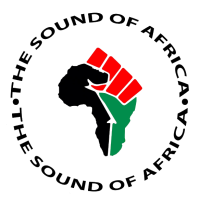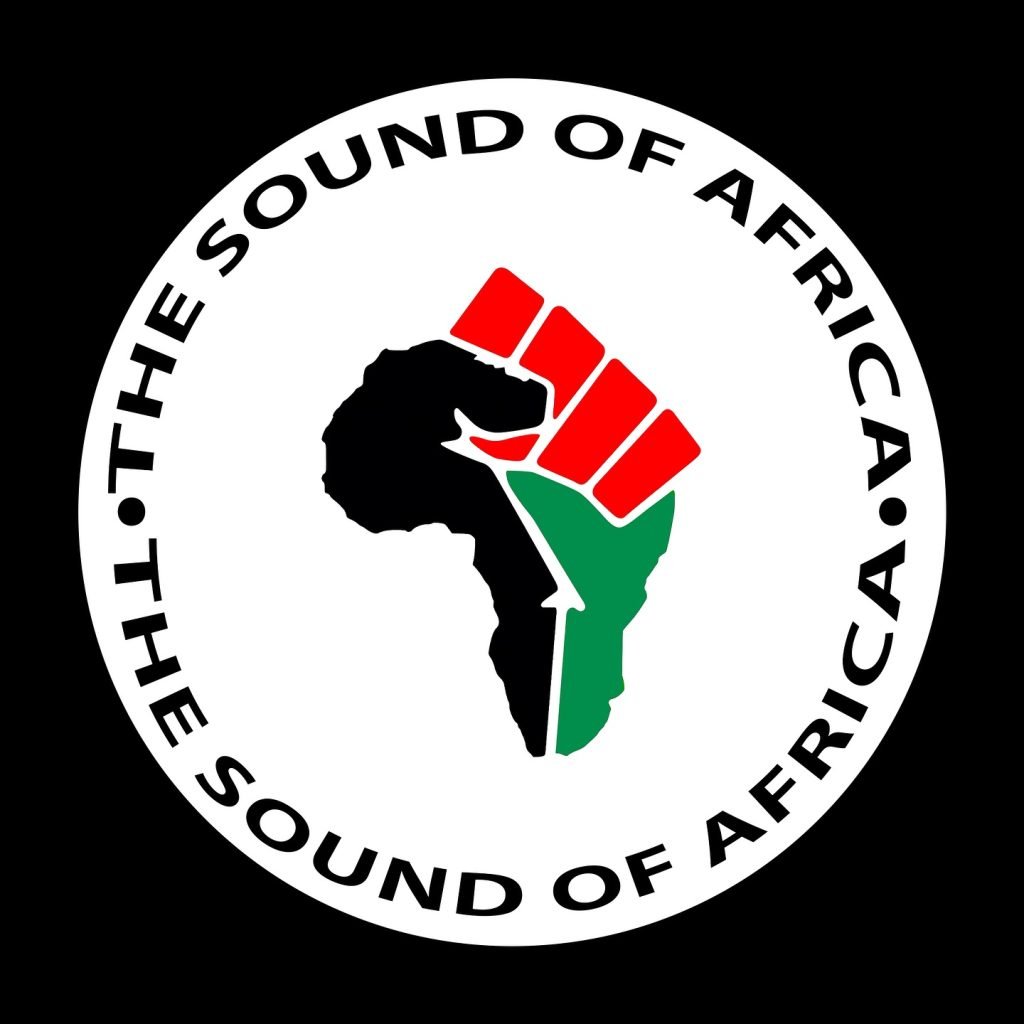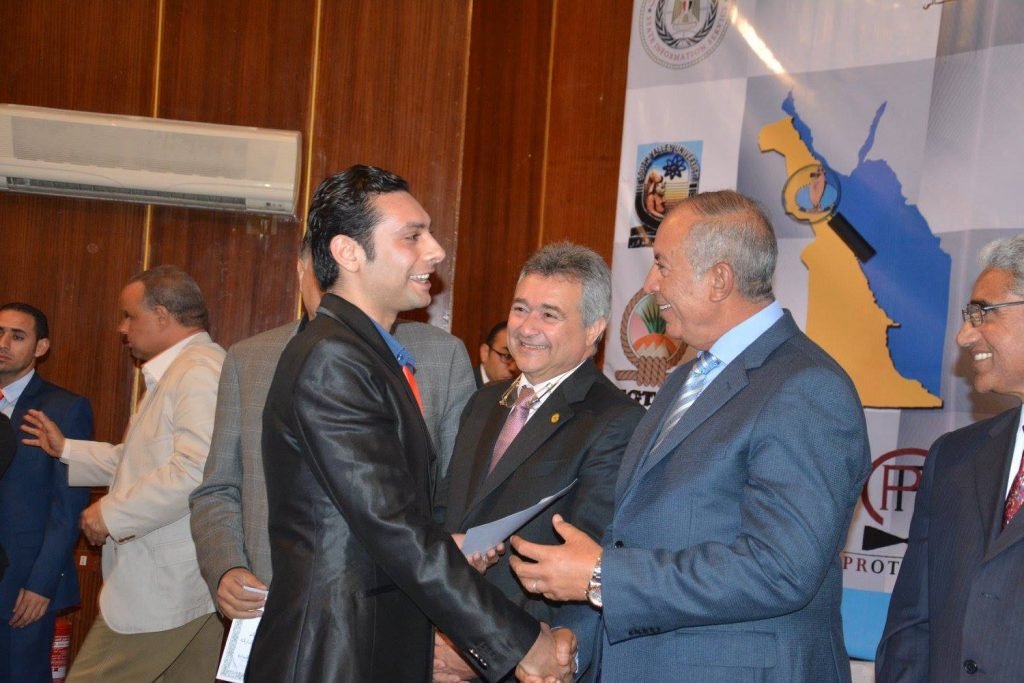What Is the Current State of Education in Africa?
Nelson Mandela once said, “Education is the most powerful weapon which you can use to change the world.” This quote resonates within Africa, where access to education has proven to unlock vast opportunities, foster sustainable development, and transform lives in beautiful ways. Education in Africa, like anywhere, serves as a catalyst for growth and development. Access to education provides the resources required to pave paths for positive change.
The history of education in Africa is interlaced with the crucial themes of colonialism, religion, trade, and western infiltration. At the wake of independence, African countries strove to establish educational institutions that would liberate them and cater to their needs.
To preserve African culture and heritage, the governments worked to incorporate Western knowledge with African culture. This allowed education to reflect the African values which have been passed down for countless generations.
In the following years, education in Africa grew in leaps and bounds, penetrating even to remote areas and subsequently leading to astounding development in numerous sectors and the lives of the educated people. Yet, certain challenges remain. According to Africa Renewal, “Central and East Africa have the lowest education enrolment rates.” This explicitly implies the urgent need for creating increased educational opportunities and the continuous effort to make positive contributions towards growth and lifelong development in Africa.
Additionally, inequality is still very prevalent in Africa. The UN believes that “Inequality is perhaps the most serious problem in education worldwide.” Particularly girls are denied access to education due to negative cultural norms. Girls are continually sold out for marriage at a very tender age, thereby reducing them to early motherhood and exposing them to health risks and a lifetime of poverty. These huge barriers led to the establishment of Asante Africa Foundation with the mission to educate as many girls and youth that are torn away from this basic human right.
Asante Africa Foundation prioritizes education in Africa, particularly in the remote areas of Uganda, Kenya, and Tanzania.We believe in empowering the youth and the girl child with quality education, instilling knowledge and confidence that will secure opportunities now and in long term. With this goal at hand, deliberate strategies have been set up to achieve this objective.
One of our key programs is the Wezesha Vijana Program (WVP), tailored specifically to address female issues relating to personal hygiene, economic growth, and human rights. Since the advent of the WVP program in 2007, we have focused on tackling the female-related issues by collaborating with parents and communities to create a support system. The support system ensures that parents are fully part of the conversation. The conversation in question has led to debunking major misconceptions and illuminating areas that were never before known. The Wezesha Vijana Program (WVP), has also contributed greatly to enlightening the male gender on crucial ways in which they could support the female gender, creating a much stronger support system.
Our impact report shows that when boys are educated about girls’ bodies, and rights they become more prone to standing up for the girls in moments when it is needed. This creates a new generation built more on freedom and equality.
The Youth Livelihood Program (YLP) is another initiative we created to empower youth with leadership and entrepreneurial skills. The YLP program equips the youth with entrepreneurial skills that enable them to venture into income-generating projects. It also teaches budgeting and saving, and equips the students with the knowledge required to start a business. Empowered youth proceed to start initiatives that benefit their families, schools, and communities.
The best part is showcased in the moment where students participate in Pay-it-Forward activities by replicating the lessons learnt by identifying challenges in their communities and proffering solutions to those challenges. Frequently, the Pay-it-Forward initiative implies that the students empower the younger children with the same knowledge and skill they each have received, which has come to full play in our unique success stories.
Africa possesses all the talent and potential required for massive growth in education and beyond. We know that when Africa is equipped with the necessary tools including quality education, the continent will reach its full potential, transforming lives, Africa, and the world.
WRITTEN BY: Victoria Kwamaamabe



